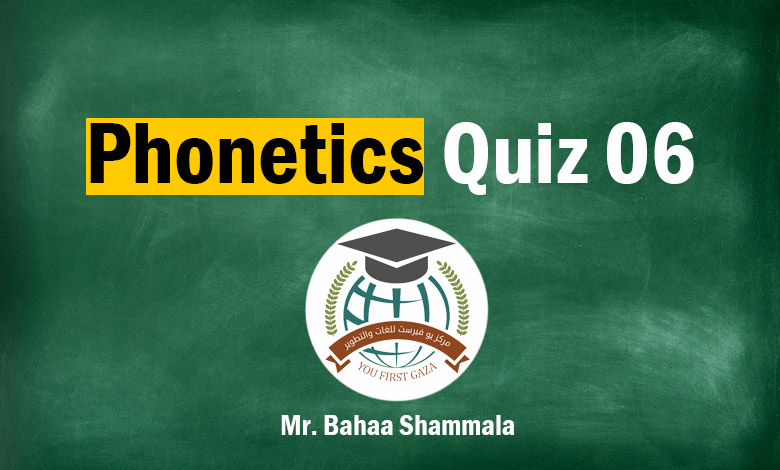The questions in this quiz are from The Study of Language (THIRD EDITION) book written by GEORGE YULE.
This quiz is not only for BSED majoring in English but also for everyone, especially YOU!. . .
It contains different questions about the topic mentioned above. So, jump right in, and enjoy the quiz!
Results
Excellent, you pass the quiz successfully.
Unfortunately, you failed.
Try again
#1. in L1 acquisition, using a word to refer to more objects than is usual in the language
#2. in L1 acquisition, using an inflectional morpheme on more words than is usual in the language
#3. the interim system of L2 learners, which has some features of the L1 and L2 plus some that are independent of the L1 and the L2
#4. the use of a feature from the L1 (that is really different from the L2) while performing in the L2
#5. the use of a feature from the L1 that is similar to the L2 while performing in the L2
#6. the earliest use of speech-like sounds by an infant in the first few months
#7. the gradual development of ability in a first or second language by using it naturally in communicative situations
#8. a period beginning at around 18–20 months when children produce two terms together as an utterance (baby chair)
#9. the use of syllable sequences (ba-ba) and combinations (ma-ga) by young children in their first year
#10. speech addressed to young children by the adult(s) or older children who are looking after them
#11. a mid-twentieth-century approach to language teaching, with repetitive drills used to develop fluent spoken language as a set of habits
#12. using sounds, expressions and structures from the L1 while performing in an L2
#13. approaches to language teaching that are based on learning through using language rather than learning about language
#14. the traditional form of language teaching, with vocabulary lists and sets of grammar rules
#15. the period in L1 acquisition when children can produce single terms for objects
#16. strings of words (lexical morphemes without inflectional morphemes) in phrases (daddy go bye-bye) produced by two-year-old children
#17. the process of developing ability in another language, after first language acquisition
#18. emotional reactions such as self-consciousness or negative feelings that may influence learning
#19. a single form functioning as a phrase or sentence in the early speech of young children
#20. the conscious process of accumulating knowledge









































